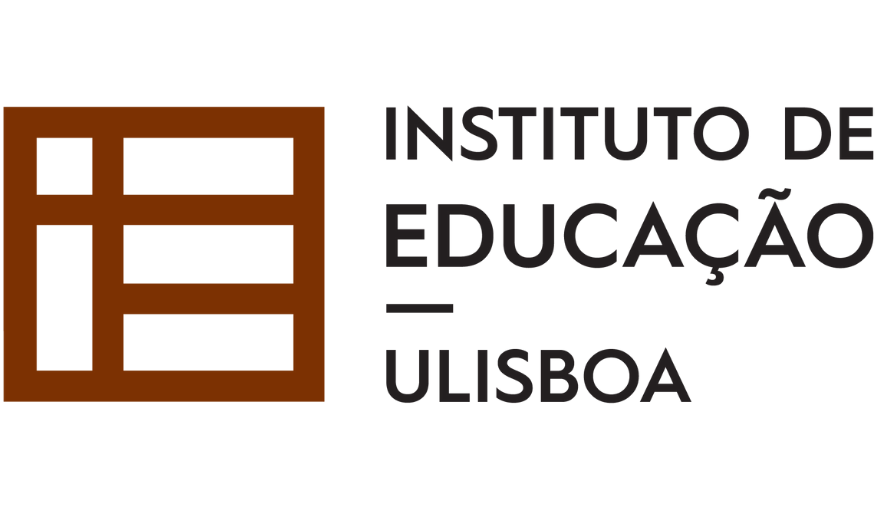Organizational and socioeconomic effects of professional courses in the public school (VET-EFFECTS)
Natália Alves
António Carlos Correia
António Rodrigues
Ana Luísa Rodrigues
Benedita Portugal e Melo
Carmen Cavaco
Estela Costa
Justino Magalhães
Luís Miguel Carvalho (Co-IR)
Marcelo Marques
Marta Almeida
Paula Guimarães
Sofia Viseu
Increasing student participation in initial vocational education and training has been central to Portuguese political discourse since the early 1980s. However, it has taken three decades for student participation levels in initial vocational education and training, mostly at secondary level, to near the desired goal. The policymakers’ decision to implement Cursos Profissionais (CP) in public secondary schools has contributed to important structural changes in the provision and student participation in initial vocational secondary education.
Launched in 1989, the CP are an initial vocational education and training program with double certification developed in schools created for this purpose – the Escolas Profissionais. After the Secondary Education Reform in 2004, initial vocational education and training is no longer exclusively provided in these schools but also offered in public secondary schools. This implementation, together with the extension of compulsory schooling to 18 years of age, led to an impressive increase of student participation in the Cursos Profissionais in public schools. Firstly, the Cursos Profissionais seem to have contributed to the attainment of compulsory education. Secondly, they have been fundamental to achieve the longstanding objective proclaimed by various governments and legitimized by international organizations, and the European Commission in particular, to increase student participation in initial vocational education and training.
Thus, the VET EFFECTS research project aims to analyse the implementation of this education and training policy measure and understand how the Cursos Profissionais have (re)shaped governmental, organizational and educational frameworks of initial vocational education and training in Portugal. The project focuses on the following research question: What are the organizational and socioeconomic effects of the implementation of the CP in public secondary schools? To answer this question, the research project is organized around four main axes:
A) To analyse the European Commission guidelines on initial vocational education and training and funding criteria as mechanisms and instruments of transnational governance;
B) To analyse how these mechanisms and instruments are appropriated and/or reconfigured by central and regional administration bodies and how they contribute to the emergence of new modes of regulation in the mainland and in the Autonomous Regions of Madeira and Azores;
C) To understand how central and regional guidelines are (re)interpreted by schools and which organizational effects they have in the school management and participation levels, and;
D) To identify the socio-economic effects, through the contribution of the Cursos Profissionais to skill formation system in Portugal and to the life course trajectories of young people.
The VET EFFECTS research project is a multi-method study that combines qualitative and quantitative approaches. The case study method will be joined with quantitative survey research methods.
The innovative character of VET EFFECTS lies in five fundamental aspects:
i) The project will provide a comprehensive, multi-level analysis of the effects of the Cursos Profissionais since its introduction in the public school reflecting the centrality that initial vocational and education training policies have gained in international and national contexts over the last decades;
ii) The in-depth analysis explores various socio-economic and political-administrative contexts, such as the Autonomous Regions of Madeira and the Azores. This allows the project to compare the similarities and differences in the operationalization of this policy in the mainland and the Autonomous Regions, which is unusual in the study of education policies in Portugal;
iii) It develops knowledge that can be easily transferred to inform vocational education and training policy-making and be contextually adapted. The development of hybrid forums, such as the Advisory Board that assembles several groups of stakeholders and open forums for dissemination and discussion of the case studies’ results with the participation of regional/local stakeholders will be particularly helpful for policy learning;
iv) VET EFFECTS will create an open access repository to gather scientific and technical knowledge on the Cursos Profissionais;
v) It generates and disseminates policy briefs to explain the education phenomenon under study to wider audiences, including policy-makers.
10/2020 – 09/2023
27/10/2020
